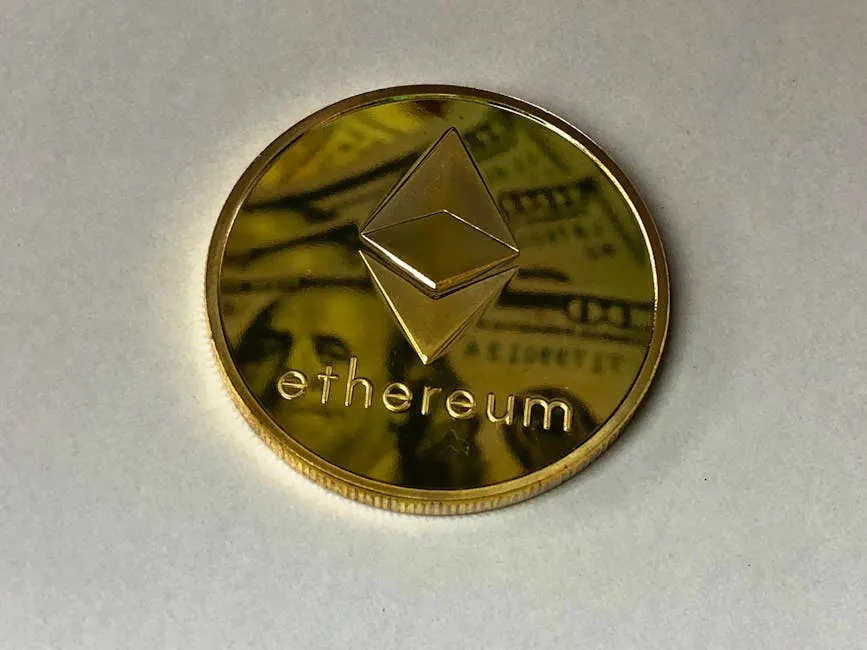
Coin Center Challenges Prosecutors in Ethereum MEV Case: A Look at the ‘Honest Validators’ Debate
In a significant legal development within the cryptocurrency space, Coin Center, a prominent digital currency advocacy organization, has filed a brief in an ongoing trial related to Ethereum’s Maximal Extractable Value (MEV). This case involves allegations against two brothers who purportedly presented themselves as “honest validators” to execute a substantial $25 million exploit. Coin Center’s brief seeks to counter the prosecution’s arguments, opening a broader discussion on the complexities of validation in the blockchain ecosystem.
Understanding the MEV Controversy
Maximal Extractable Value (MEV) refers to the profit that miners or validators can extract from blockchain transactions beyond the standard transaction fees. This practice has raised eyebrows within the crypto community, as it can lead to manipulation and unfair advantages during transaction processing. In the case at hand, the brothers are accused of leveraging their positions as validators to execute trades that resulted in significant financial gains, leading to the $25 million exploit.
Coin Center’s Position
Coin Center’s brief argues against the notion that the defendants acted as “honest validators.” The organization contends that the concept of honest validation is far more nuanced than the prosecution suggests. They emphasize that validators operate in a competitive environment where the incentive structures can lead to actions that may not align with traditional notions of honesty and integrity. This perspective challenges the simplistic view of validators as purely benevolent actors within the blockchain.
The Broader Implications for Crypto Regulation
This case is not just about the individuals involved; it has broader implications for how regulators and the public understand the role of validators in the cryptocurrency ecosystem. Coin Center’s advocacy highlights the need for a more sophisticated regulatory framework that acknowledges the complexities of blockchain operations. As the crypto space evolves, so too must the approaches to governance and compliance.
What’s Next for the Trial?
As the trial progresses, the court’s interpretation of the arguments presented by both the prosecution and Coin Center will be critical. The outcome could set important precedents for how similar cases are handled in the future and could influence the broader dialogue on MEV practices within the Ethereum network and beyond.
Conclusion
Coin Center’s involvement in this trial underscores the importance of advocacy in the rapidly changing landscape of cryptocurrency. By challenging the prosecution’s portrayal of honest validation, they are not only defending the defendants but also fostering a critical discussion about the ethical dimensions of blockchain technology. The legal outcomes of this case could have lasting effects on the regulatory environment surrounding cryptocurrencies and the practices of validators going forward.



